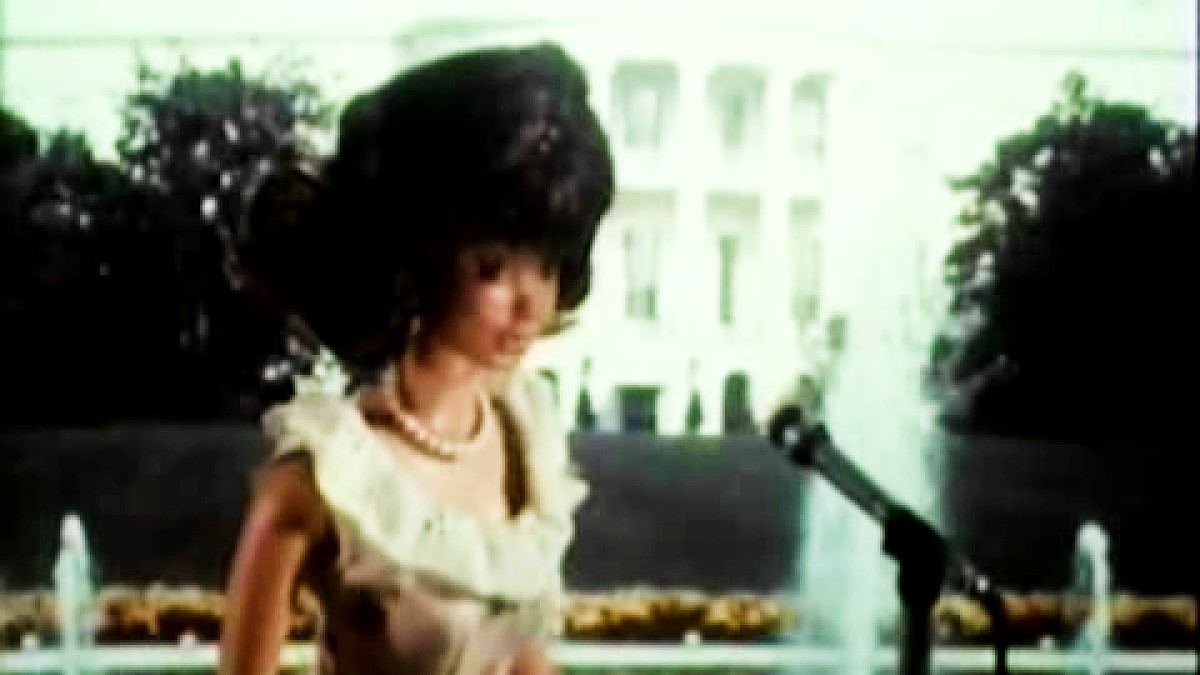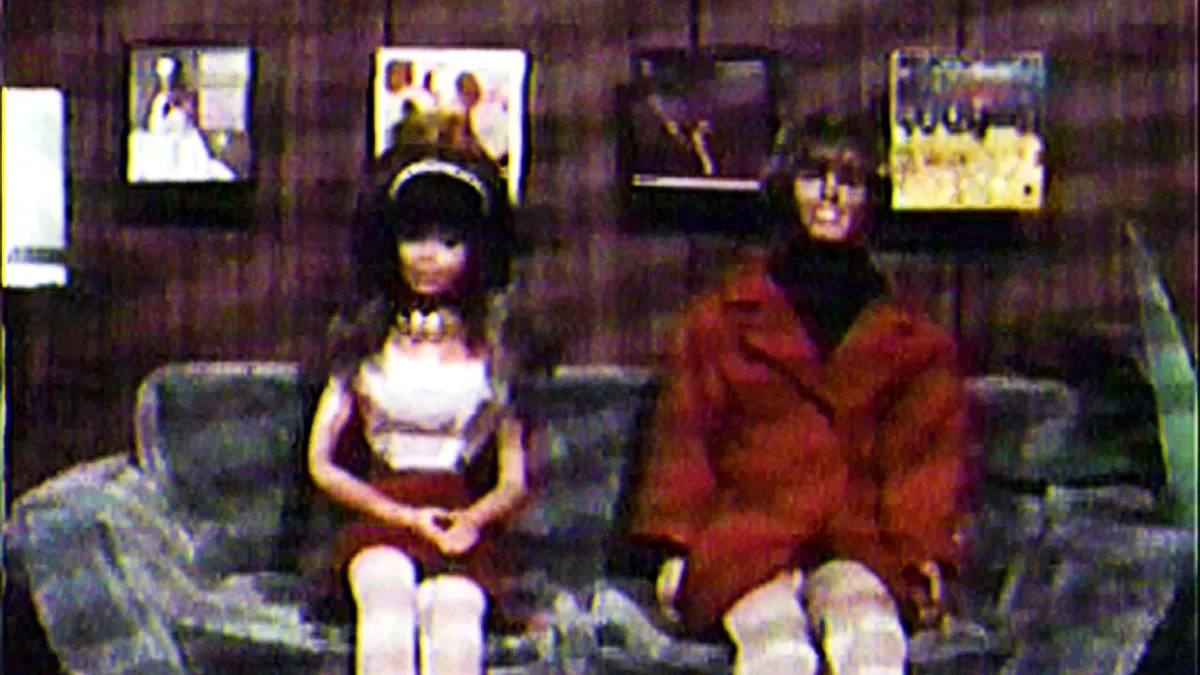Greta Gerwig’s Barbie premieres this summer and is marketed as the first live-action adaptation of the popular toy line from Mattel. However, that’s not entirely accurate. In 1987, an experimental stop-motion film with live-action components was released by Todd Haynes (Far From Heaven, Carol) and could be considered the first partially live-action Barbie film. The film was titled Superstar: The Karen Carpenter Story and is a biographical film centered on the life of singer Karen Carpenter.
If you’re wondering what this has to do with Barbie, the majority of the film uses Barbie dolls animated with stop-motion as its actors. While not technically considered live-action, the film is usually absent from all discussions of Barbie’s history in film, which has been revisited since Gerwig’s film piqued interest. Barbie fans have been able to dig up over 40 animated films featuring the doll, so why has this one Barbie film remained hidden?
The reason you haven’t heard of the 1987 film is that it was never officially released. The film was played at a few film festivals but was pulled from circulation before it could be widely distributed due to copyright issues. This hasn’t stopped the film from sparking interest among cinema enthusiasts. Despite not being officially released, bootlegged copies of the film have made their way to YouTube. The film has even garnered a small cult following from its bootlegging. Here’s what you need to know about the complicated legacy of Superstar.
What is Todd Haynes’ unreleased Barbie film?

Haynes created Superstar during the summer of 1987 at Bard College, where he was pursuing his MFA. The short film tackled the tragic life of Karen, who made up one-half of the Carpenters musical duo with her brother Richard. The film delves into Karen’s struggle with anorexia nervosa, which was exacerbated by the public pressure from her music career. It tracks the major developments in her career and personal life, as well as the complicated relationship she had with her parents and brother, who were depicted as being oblivious or dismissive of her health concerns. Superstar also utilizes a lot of hits from the Carpenters, as well as other hits from the era, though Haynes did not get permission to use the music.
Superstar is very experimental. For one, it uses actual Barbie figures and doll houses to depict the characters and settings. Many actually saw Karen’s depiction as a Barbie doll as particularly brilliant and symbolic. The Barbie doll line has stirred controversy due to how it might impact body image in young girls and adolescents. The doll has even been attributed to a body dysmorphic disorder known as “Barbie doll syndrome,” in which individuals attempt to look like Barbie dolls, despite the dolls’ figures being unrealistic and unattainable. Consequently, having Karen represented by a Barbie doll, whose figure is further reduced by Haynes taking a knife to the doll, was very intriguing. Additionally, the film’s experimental style, which includes info segments on anorexia and ambiguous spanking scenes, made Superstar even more unique.
At one point, Haynes was going to release the short film theatrically. He managed to avoid problems with Mattel by using off-brand Barbie dolls. However, it was the music that eventually led to the film’s demise. Before Superstar could be widely circulated, Haynes was hit with a copyright lawsuit from Richard Carpenter for using the Carpenters’ music. Haynes admitted he hadn’t received the necessary permissions for the film’s music because he didn’t expect it to receive as much attention as it did. Once Richard got wind of it, he filed and quickly won his lawsuit and banned Superstar from ever being viewed publicly or for profit. Despite this, Haynes has remained hopeful that he may someday release a remastered version of the film.
(featured image: American International Video Search, Inc.)









Published: Jul 11, 2023 02:45 pm